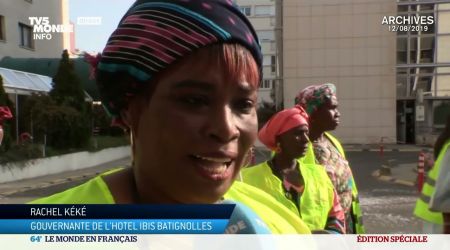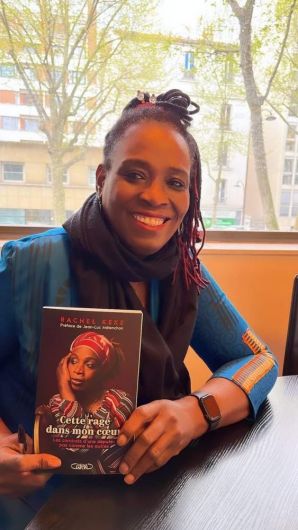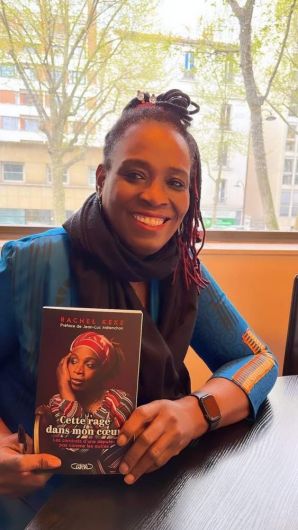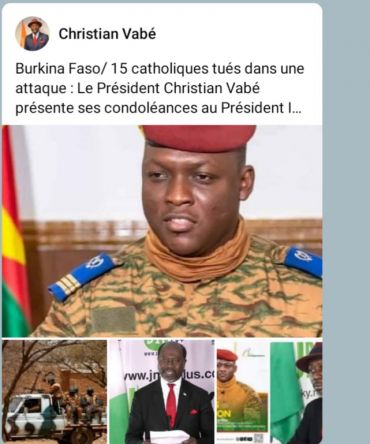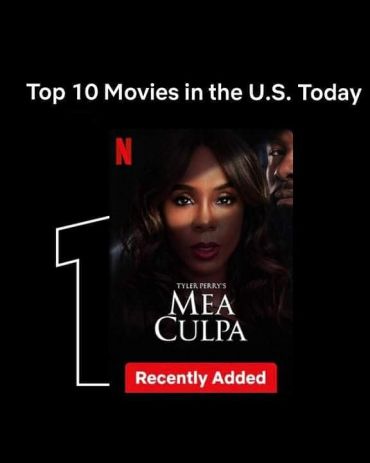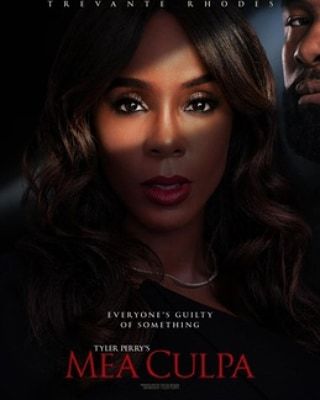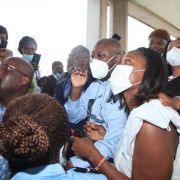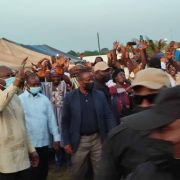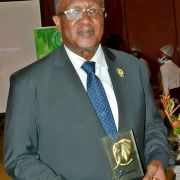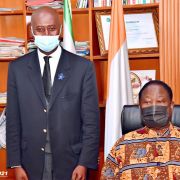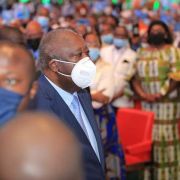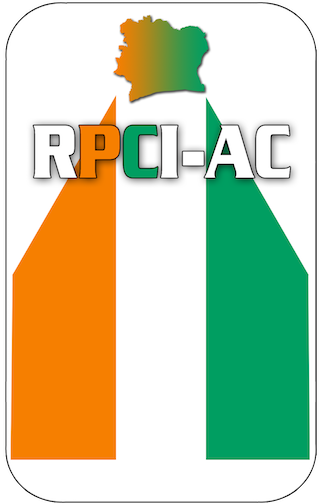"PACKAGING POLITICAL PROPAGANDA"(FIRST PART)-"FOCUS ON THE EXPANDING OF POLITICAL COMMUNICATION NOWADAYS"!
Political communication emerged as a serious academic field in the (1950s).It is true, of course, that interest in the interrelationship of Communication and Politics can be traced back earlier, even as far back
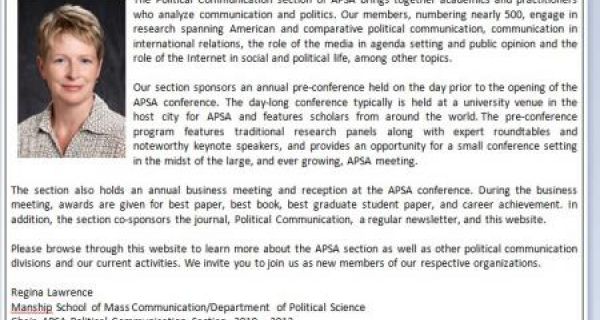
Political communication emerged as a serious academic field in the (1950s).It is true, of course, that interest in the interrelationship of Communication and Politics can be traced back earlier, even as far back
as to the work of the "Sophists" and to "Aristote" in his Politics and rhetoric. But it was not until the (1950s) during the height of the behavioural revolution in the social sciences, that political communication as a cross-disciplinary field of study gained some degree of prominence. This was during a time when many social scientists took the " science" part in social science very seriously. Human and social affairs were to be studied according to the rules guiding the physiological and biological sciences. Empiricism and factual data-gathering ruled the day, and the professed aim was to discover patterns and laws of observable human behavior. In the mid (1950s) and in the spirit of the times, some prominent social scientists sought to define political communication as one of three "intervening processes" by means of which political influences are mobilized and transmittted between" formal governmental institutions, on the one hand, and citizens voting behavior, on the other hand. Expressly intended to persuade students to employ "the political behavior approach", the author stated that although the body of knowledge emerging about such intervening processes...
"TWO THEORETICAL APPROACHES IN POLITICAL COMMUNICATION":
Contemporary political communication is dominated by two competing approaches to political and social life generally, and to the role of communication specifically: The first approach is the familiar pluralist view of politics in a liberal democracy with multiple parties and interest groups trying to influence the decision-making process, but also to understand the importance of reaching consensus solutions for the common good. Diversity, compromise, and coalition-building are key words in this tradition not conflict or class struggle. The traditional liberal democratic theory underlies much of today's "mainstream political communication research, including the one concerned with the important area of communication during election campaigns. Scholars who are active in this area usually display a positive view of campaigns for open discussions on public issues and generally view them as potential occasions for civic educations. What is more, they also seem to share an optimistic view of the possibilities of studying the strategic uses of campaign communication by making use of open and publicly available sources such as campaign plateforms and other documents, party and candidates messages, media coverage, etc...
Such an optimism is not to be found in the alternative political communication approach which has its roots in critical theory and some sort of neo-marxist view of culture and politics in modern capitalist democracies. According to this conception, political life in these societies is characterized not by pluralism and consensus but by an ongoing struggle between competing classes and interests within a reigning hegemony. The gap between the elites and the masses is depicted as a wide and growing one. Further, critical theorists of different persuasions typically reject the idea that the election campaign should be the obvious focus of political communication research.
But today Media training and Media cleaning are increasingly becoming the backbone of political communication! That new rhetoric and behavior emerged in FRANCE in the (1970s and 1980s) with the french presidents "GISCARD DESTAING" in(1974) and "FRANCOIS MITTEREAND" in(1981).In the whole AFRICA, political communication counselors or advisors are partly requested in some countries, but the real emergence of political communication will without doubt be the new challenge in the dark continent in the years to come!
(YVES T BOUAZO)(The conclusion is from the staff-"sources": "the study of political communication" from "Erick Asard"-swedish institute for north american studies)

